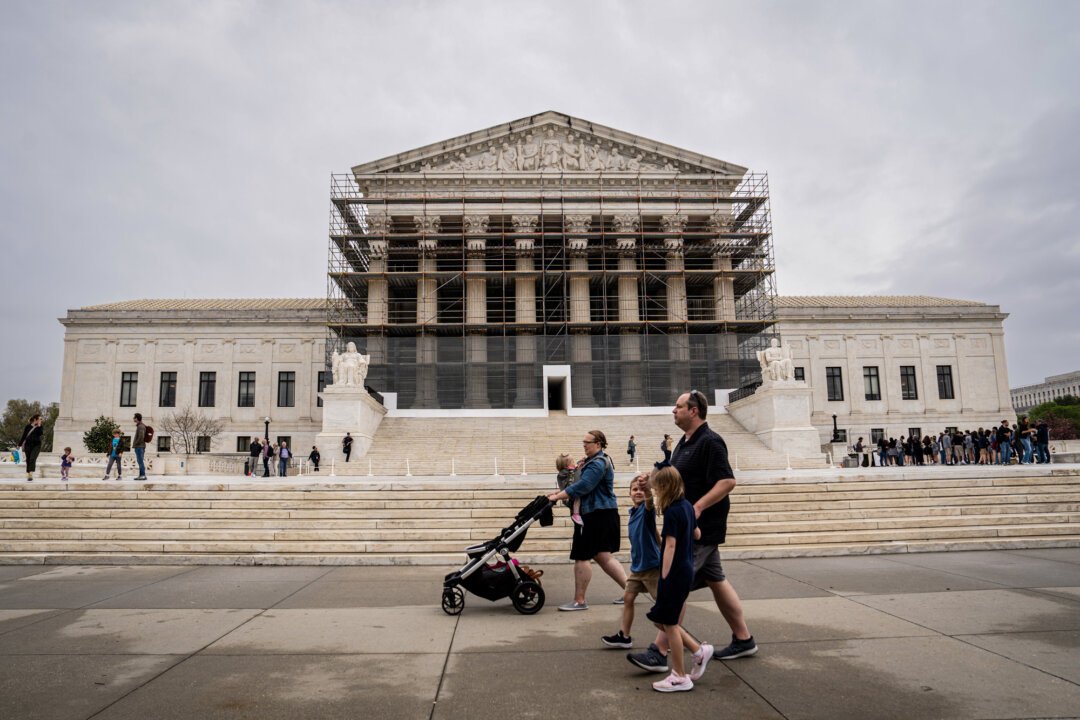
The Supreme Court is poised to make a significant decision impacting thousands of prisoners convicted of armed robbery. The Court will consider whether individuals sentenced before the First Step Act of 2018 are eligible for sentence reductions to align with the Act’s revised sentencing guidelines.
The First Step Act, a bipartisan achievement signed into law by President Trump, aimed to reform the criminal justice system. A key element of this reform was increasing the possibility of reduced sentences for eligible offenders.
The Court’s decision to hear the cases of Rutherford v. United States and Carter v. United States, announced on June 6th in an unsigned order, signals the importance of this legal challenge. The unanimous decision to hear the appeals underscores the potential impact on the interpretation and application of the First Step Act.
At the heart of the argument is the disparity between sentencing practices before and after the First Step Act. The petitioners contend that current mandatory minimum sentences are shorter than those imposed before the Act, creating an inequity for those sentenced under the older, harsher guidelines. Mandatory minimums, by their nature, restrict judicial discretion, imposing fixed minimum prison terms for specific crimes.
This Supreme Court decision holds significant implications for thousands of prisoners serving time for armed robbery and could reshape the landscape of sentencing reform going forward. The outcome will clarify the retroactive application of the First Step Act and its effect on individuals already serving their sentences.

